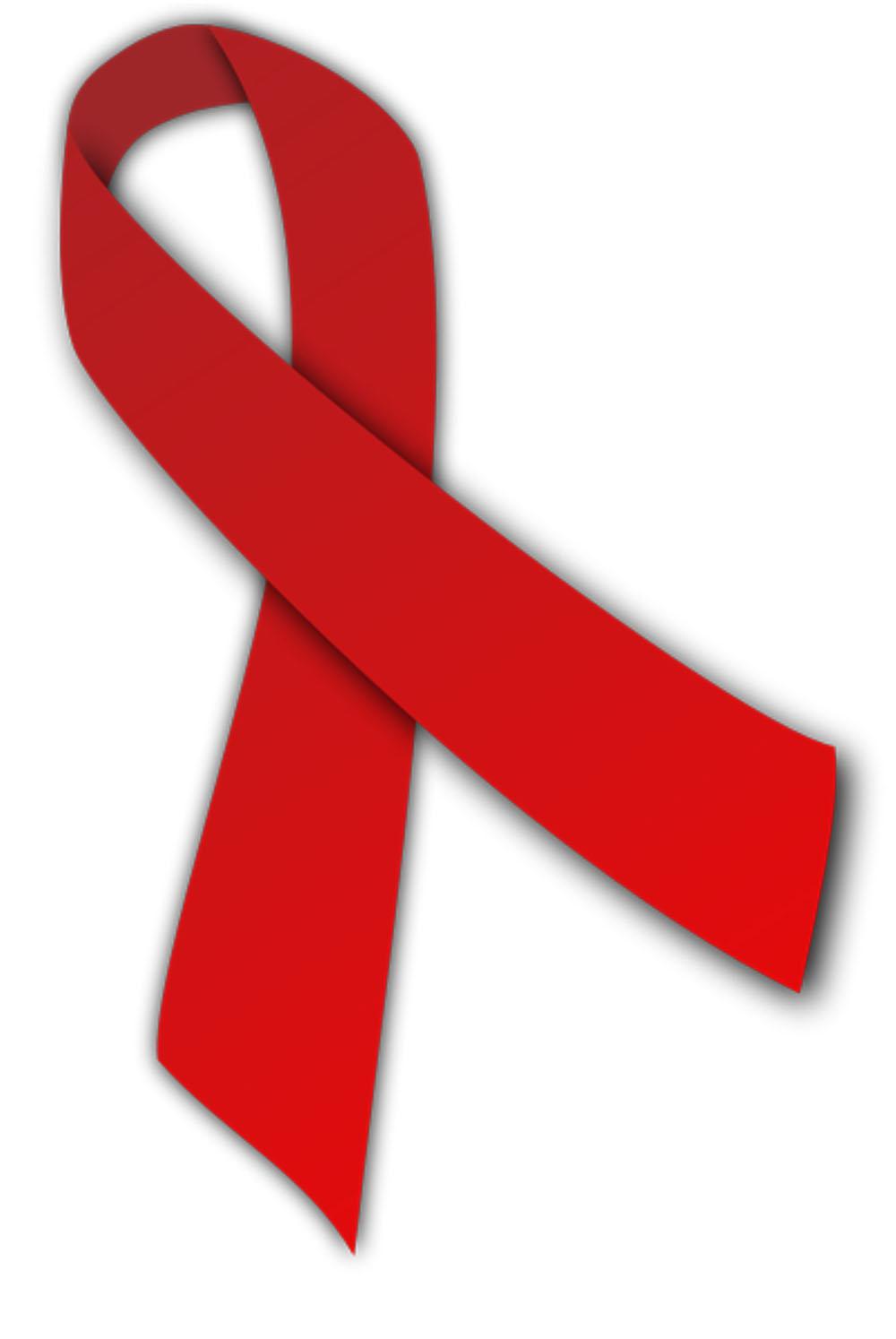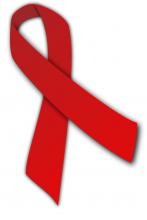Information Possibly Outdated
The information presented on this page was originally released on March 29, 2007. It may not be outdated, but please search our site for more current information. If you plan to quote or reference this information in a publication, please check with the Extension specialist or author before proceeding.
AIDS takes a toll on African-Americans
By Patti Drapala
MISSISSIPPI STATE -- Mississippi ranks No. 1 among states in AIDS cases diagnosed in black women, and health-care officials want to focus on ways to halt the spread of AIDS, raise awareness and improve medical care for these women.
One step toward a solution is a recent study to measure attitudes of black women in assessing the risk of contracting AIDS, co-authored by Mississippi State University doctoral student Debra Patton Lloyd. The lead researchers for the study were professor of environmental health Ademola M. Omishakin at Mississippi Valley State University and Bassey Williams, a Walden University professor of health sciences.
In November, Lloyd presented a paper on the research, “HIV/AIDS Preventative Risk-Appraisal of Rural African-American Women in the Mississippi Delta: An Approach for Cultural-Specific Community-Based Interventions,” at the annual conference of the American Public Health Association in Boston.
“A cross-section of 300 black women, ranging in age from 18 to 55, from Sunflower, Washington, Leflore and Tallahatchie counties were either interviewed directly or given a questionnaire to complete and mail,” Lloyd said. She conducted the interviews in Sunflower and Washington counties.
Students under direction of the other researchers surveyed Leflore and Tallahatchie counties.
“My intent was to ‘whet my palate' in conducting research face-to-face, but what I received from this experience was much more than I could have imagined,” Lloyd said. “I left with serious concerns that the Mississippi Delta is far behind communities elsewhere in building health care centers for the general population and was troubled by the subjects' lack of focus on the consequences of engaging in unprotected sexual behavior.”
An immediate challenge for Lloyd, an Extension 4-H youth development associate at MSU, in administering the survey was the varying education level of the subjects. Questions had to be phrased in a way that could be understood by a range of individuals – from those with poorly developed reading, writing and comprehension skills to those who were literate.
“I wanted to make the respondents feel at ease and gain their trust,” Lloyd said. “Because there was such a diversity in age and educational level, I relied on different techniques to accomplish these goals.”
The study revealed that the women lacked considerable knowledge or were misinformed about AIDS, distrusted public health programs and took great risks in having unprotected sex.
“These attitudes, feelings and beliefs influenced the respondents' choices related to alcohol consumption and intravenous drug use, condom use and HIV testing, and sex exchanged for money or drugs,” Lloyd said. “They also affected the level of stigmatization respondents attached to persons with HIV infections or AIDS, and individuals identified in the community as homosexual.”
The researchers concluded their study by recommending a comprehensive, culturally sensitive “HIV/AIDS and family life” education intervention program for black women living in rural Mississippi.
“Health-care providers need a program to educate, inform and train women to become involved in HIV/AIDS prevention and health care for themselves and their families,” Omishakin said. “The program could motivate these activists to begin an AIDS awareness movement within the African-American community.”
Government can help the effort, the Mississippi Valley State professor added, with an initiative to provide affordable health care and basic health education for people living below the poverty level.
“Resources need to be leveraged to build community health-care centers that offer educational as well as recreational facilities for women to obtain health-care assistance and have child care readily available,” he said. “Projects that have already been initiated to benefit community health must be supported. Better mechanisms to involve communities in good decision making at all levels of education, government, business and social activity must be identified and pursued.”
Lloyd said she believes the overall effort at uniting black women to fight AIDS on the home front would gain momentum if Mississippi steps forward to host a regional or national health summit to explore ways to lessen disparities in health care.
“The challenge of protecting our communities from the scourge of HIV and AIDS is great and cannot be achieved merely by us looking back at ourselves in the mirror,” she said. “We should be clearly focused on looking forward and moving ahead to deal with this problem.”
Contact: Debra Lloyd, (662) 325-9888



